LIBYA

Legislation No. 40 of 1956 was superseded by a new trade mark legislation that was published in 2010, although the regulations that would carry out this new law have not yet been released. Important developments incorporated in the new law were as follows:
- Adding trade names, sound marks, and colour markings to the definition of trade marks;
- Granting protection to well-known trademarks in Libya, even in cases when they are not registered there; and
- Enforcing fines of up to US$7,500 and sentences of up to two years in jail for trademark infringement.
Filing Requirement
The documents required in respect of a trademark application are (i) a Power of Attorney incorporating an Arabic translation and (ii) a certified copy of the Incorporation Certificate of the applicant – both duly legalised up to Libyan Consulate. Importantly, a copy of a home or foreign registration certificate is no longer required.
Legislation No. 40 of 1956 was superseded by a new trade mark legislation that was published in 2010, although the regulations that would carry out this new law have not yet been released. Important developments incorporated in the new law were as follows:
- Adding trade names, sound marks, and colour markings to the definition of trade marks;
- Granting protection to well-known trademarks in Libya, even in cases when they are not registered there; and
- Enforcing fines of up to US$7,500 and sentences of up to two years in jail for trademark infringement.
Filing Requirement
The documents required in respect of a trademark application are (i) a Power of Attorney incorporating an Arabic translation and (ii) a certified copy of the Incorporation Certificate of the applicant – both duly legalised up to Libyan Consulate. Importantly, a copy of a home or foreign registration certificate is no longer required.

Contact Us
To schedule a consultation and take the first step towards securing your intellectual property.
